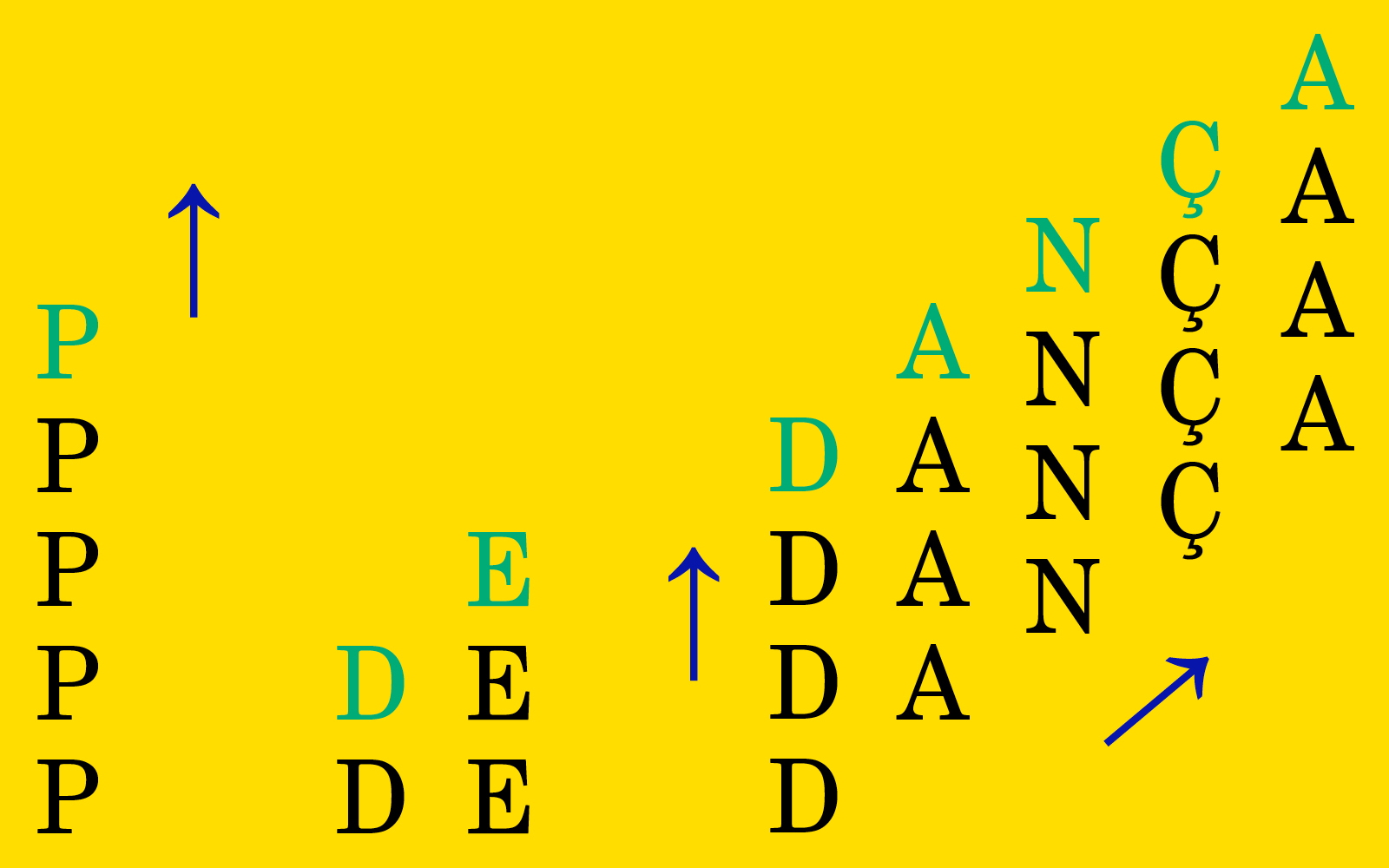p for dance. the Gulbenkian and dance in Portugal

Over two long weekends, tens of artists are going to appear on the Foundation’s stages following their receipt of Gulbenkian Culture Program support between 2011 and 2017, including Mariana Tengner Barros, Miguel Bonneville, Sofia Dias and Vítor Roriz, Luís Guerra, Sónia Baptista, Flora Détraz, among many others.
Curated by João dos Santos Martins – a choreographer and dancer transversally spanning the entire field – the projects chosen “bear witness to the versatile character of what dance is today as an expanded practice”, interweaving multiple themes, disciplines and formats, from performance to exhibition (such as “Do we dream every night”, by Vitalina Sousa), through to the conference (“I’d rather not”, by Andresa Soares with Vera Mantero and João Ferro Martins) and even a guided tour (“The Invisible Museum”, by Luís Miguel Félix and Ben Evans).
The sample complies with a dual function the curator explained: “On the one hand, revitalising the contemporary dance circuit within the current pandemic context, replacing the questioning of the body and its forms of visibility in the public space as determinant in a society that finds itself shorn of its social body and, on the other hand, strengthening the relationship between the Foundation and contemporary dance for the future”.
Among the pieces that are to be performed in this cycle, there are some making their premieres in Portugal, such as “Enchanting Museum”, by Rita Natálio and Joana Levi and “The Invisible Museum”, and others that shall be presented for the first time in Lisbon with a renewed perspective on the performance itself (“Cyborg Sunday”, by Dinis Machado, “Nameless Natures”, by Joana von Mayer Trindade or “Replaced King, Dead King”, by Catarina Miranda).
In addition to representing a fraction of the actions of the Calouste Gulbenkian Foundation in the field of dance since the closing of Gulbenkian Ballet in 2005 – with the attribution of hundreds of grants for creativity and the internationalisation of independent contemporary dance projects –, the “p for dance” cycle is also the reflection of the diversity making up the dance scene emerging in Portugal over the last decade.
